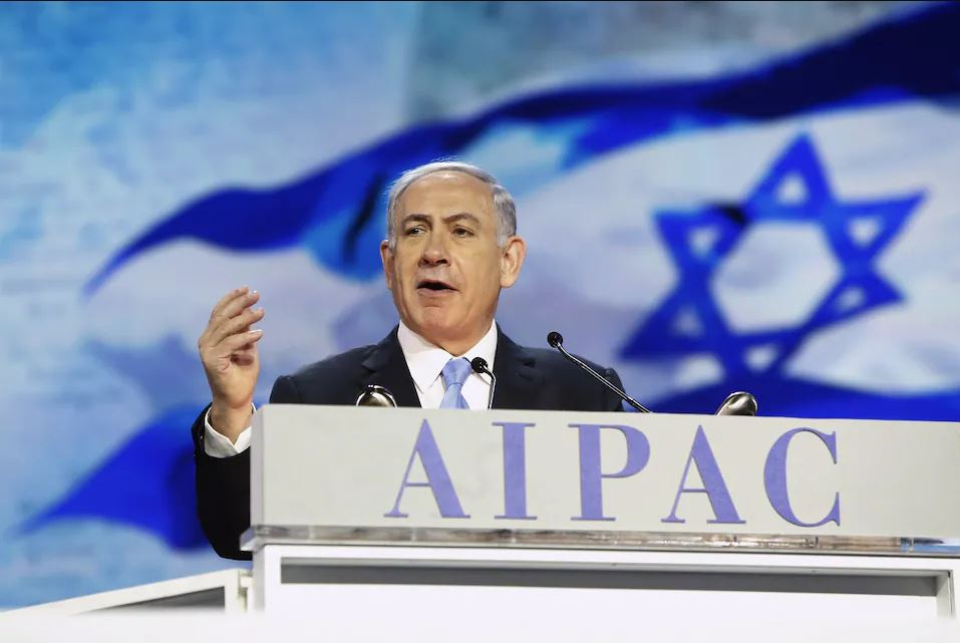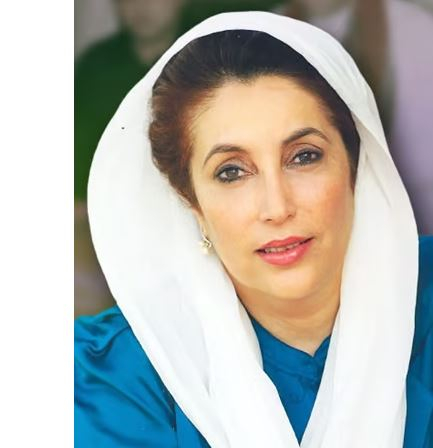Vahid Jalalzadeh, the head of the National Security and Foreign Policy Committee of the Iranian parliament, has accused the Zionist lobby of being the driving force behind the European Parliament's recent resolution targeting Iran. Jalalzadeh asserted that the Zionist lobby, facing a decline in global influence, is exerting pressure on European Parliament members in an attempt to divert attention from what he called "heinous crimes carried out in Gaza."
The Iranian lawmaker dismissed the resolution's tactic, which focuses on alleged violations of women's rights in Iran, as "ineffective." He urged European bodies, including the European Parliament, to adopt a "humane and wise stance" and refrain from aligning with what he labeled as the "barbaric actions" of the Zionist regime. Emphasizing the importance of respecting international human rights, he called for an end to the distortion of such norms.
Jalalzadeh criticized the repetition of baseless accusations against the Islamic Revolution Guard Corps (IRGC) in the resolution, viewing it as an expression of the enemies' helplessness against the IRGC's efforts in countering terrorism, insecurity, and separatism. He concluded by expressing hope that those supporting what he termed "Israel's crimes" would be held accountable and face trial in international courts.
In a related development, Iranian Foreign Ministry Spokesman Nasser Kanaani condemned the European Parliament's resolution, characterizing it as a result of a destructive approach by certain quarters in Europe towards Tehran. Kanaani argued that the resolution demonstrated a lack of understanding of Iran's global influence and strong opposition to what he referred to as "arrogance." He criticized Europe for its alleged support of the "anti-human apartheid Zionist regime" and the "Zionist child killers in Gaza."
Kanaani highlighted the discrepancy between the European Parliament's claims of democracy and human rights values and its failure to address what he called the "brutal collective punishment" and "heinous killings" of innocent Palestinian citizens. He emphasized that this dual approach would not escape the scrutiny of free thinkers and conscious individuals worldwide. Kanaani urged a policy of constructive interaction and cooperation based on mutual respect and interests, calling for a correction of past wrongs in dealing with Iran.
The European Parliament's resolution on the human rights situation in Iran, particularly condemning alleged abuses against women, was adopted with 516 votes in favor, 4 against, and 27 abstentions.

















